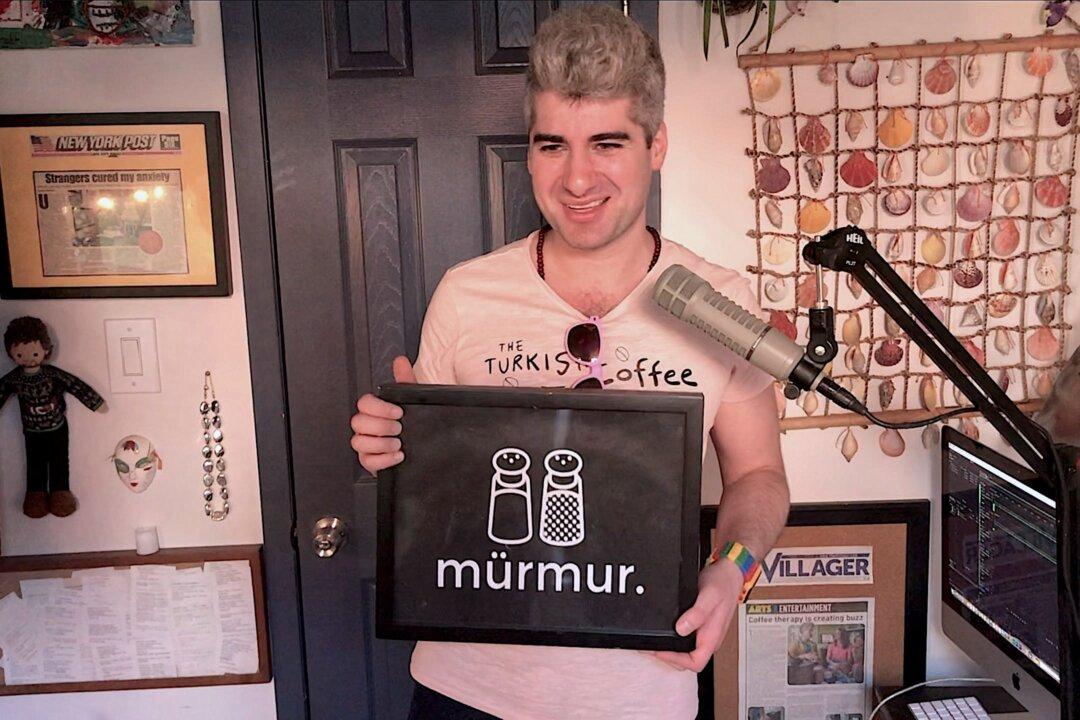Berlusconi and 15 Other Convicted Heads of State
Former Italian Prime Minister Silvio Berlusconi, and 15 other heads of state that have been convicted.

Joseph Estrada, as Phillipini president, addresses a crowd in the City Hall of Manila, Philippines, Oct. 2007. Andrew Caballero-Reynolds/Getty Images
|Updated:





